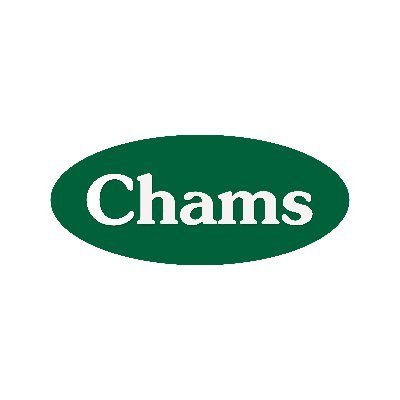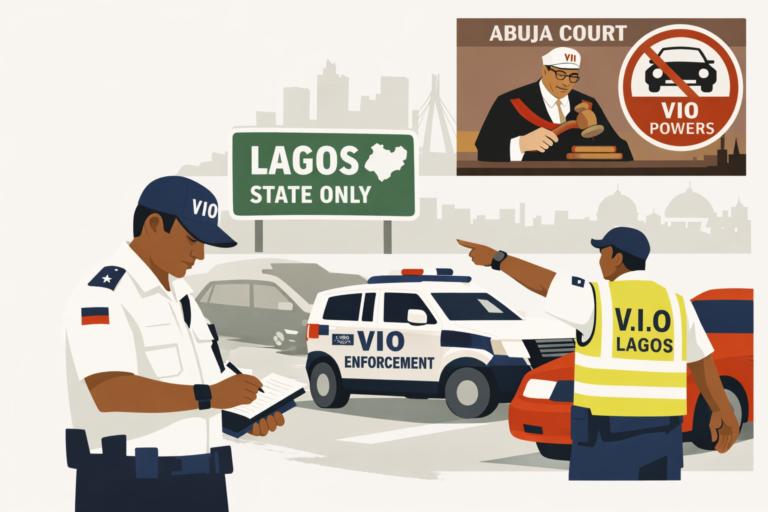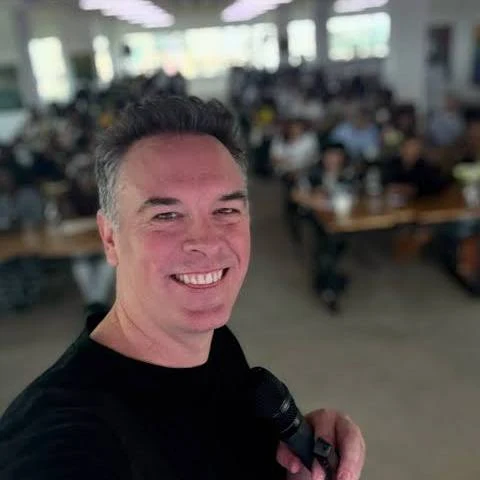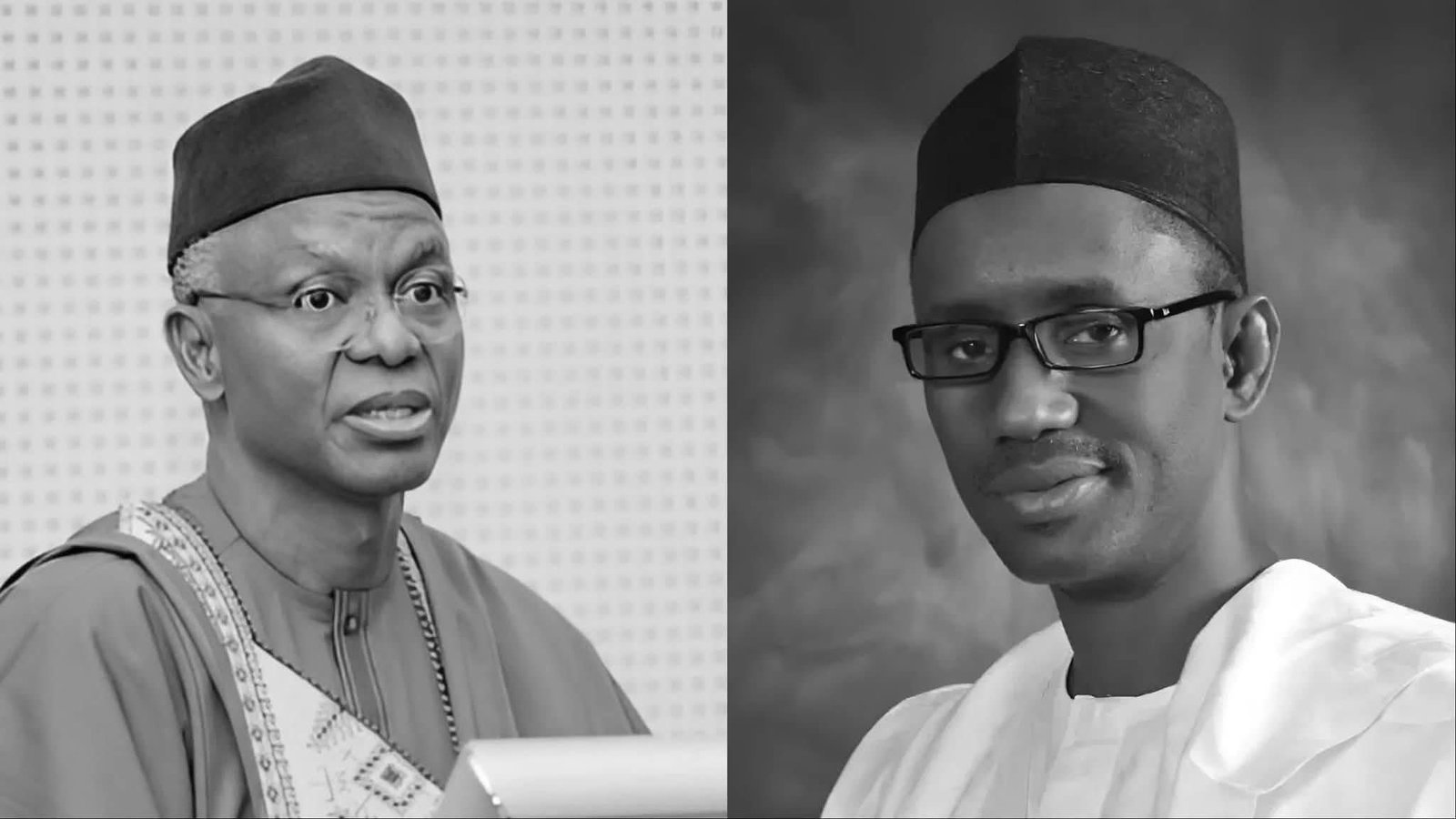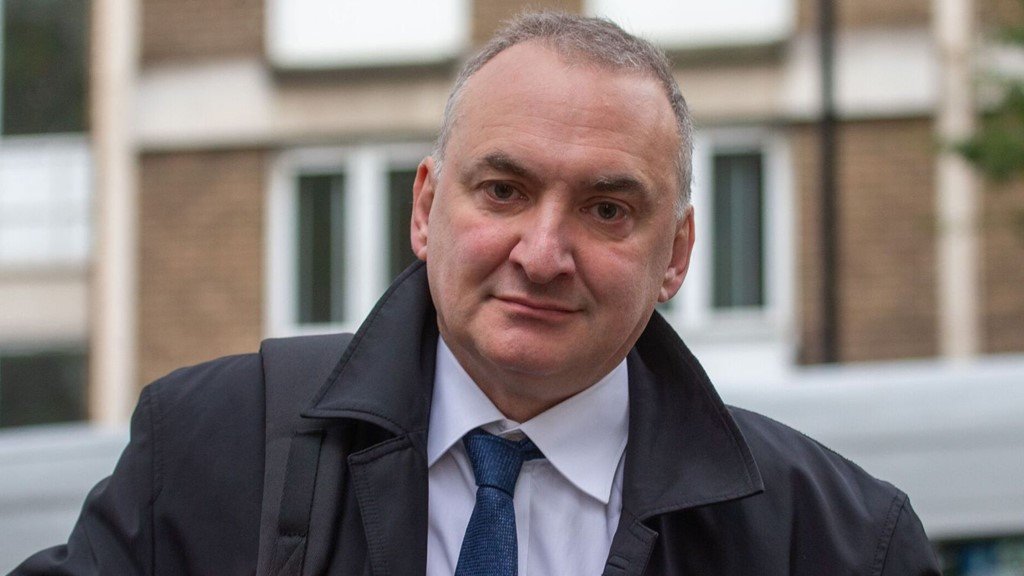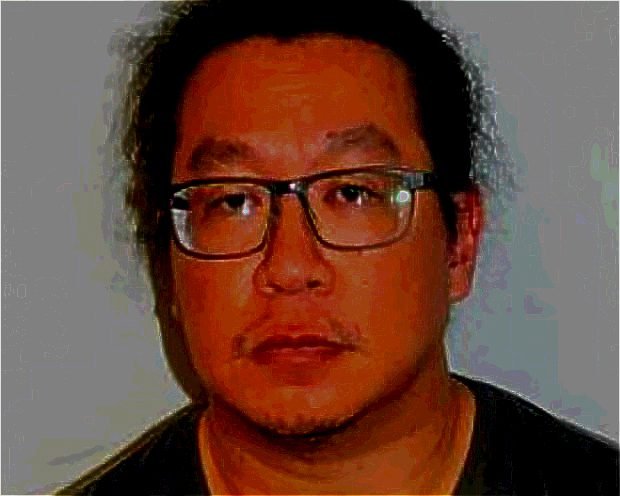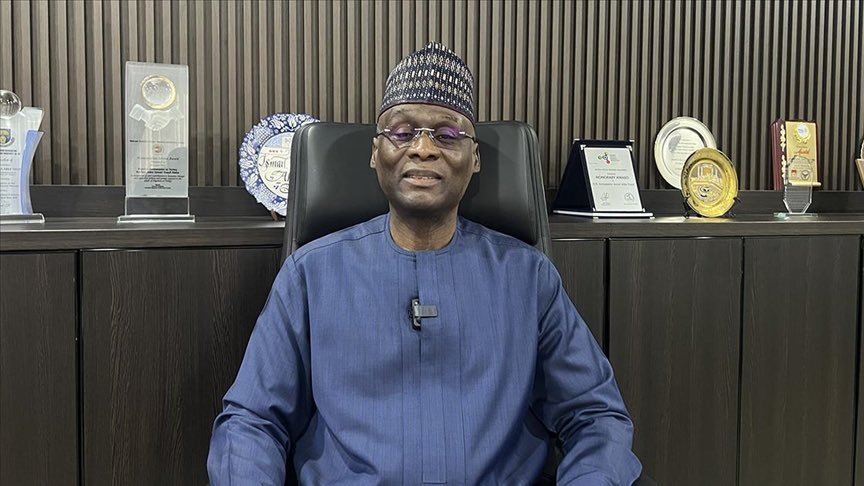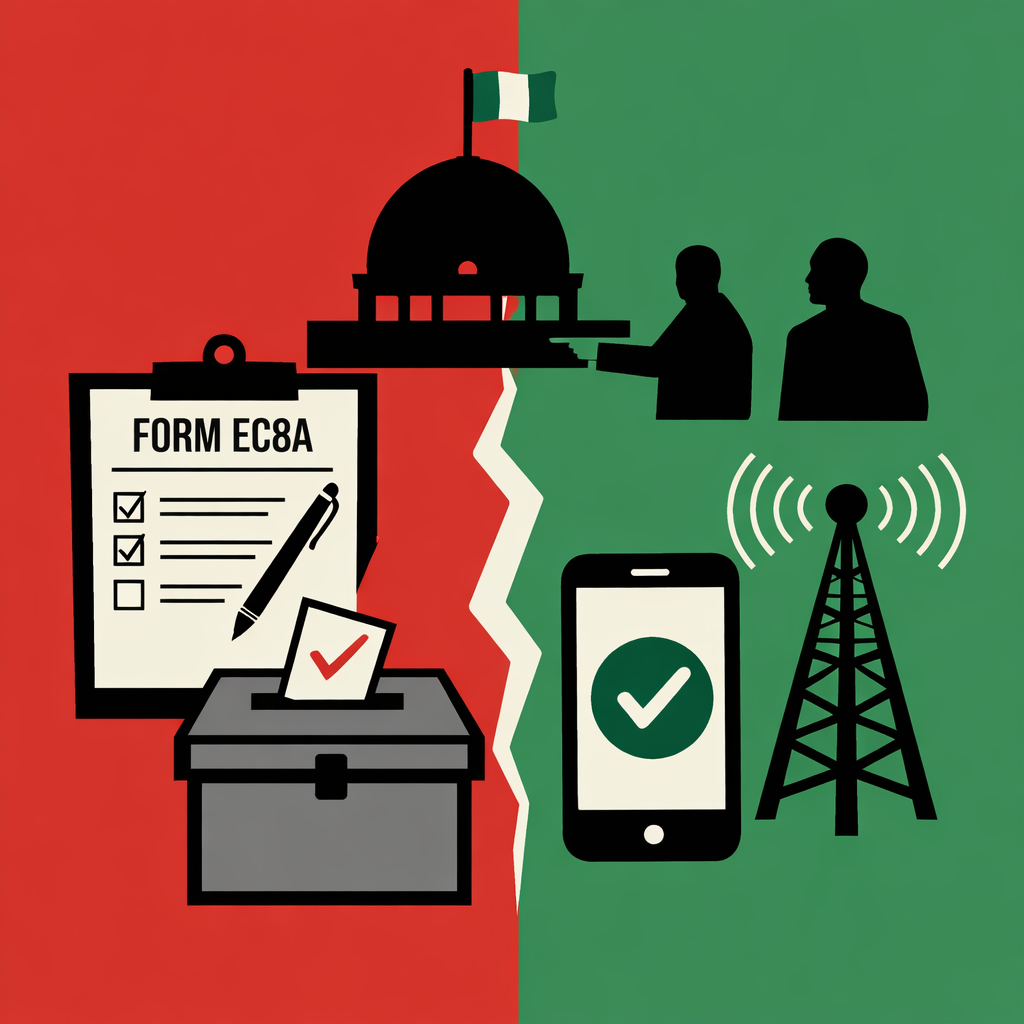My primary school days began in a public school in the early 1990s in Osun State. Along with my brothers, I attended the community school where our mother was a teacher. The quality, perhaps, wasn’t quite as good as our parents had enjoyed in their time in public primary schools in the 60s and early 70s, but it was still good enough to retain us as pupils and prepare us for further education. In the 1990s, private primary schools were a genuine rarity as virtually everyone went through public education. In 1994, one could name all the private schools in my hometown on the fingers of one hand.
Things began to change at the turn of the millennium in 2000. Private schools began to multiply rapidly in Osun and across much of Nigeria. Partly thanks to an improvement in economic conditions for some families, and partly thanks to the deteriorating quality of public schools, more and more parents began choosing the private route. Twenty-five years later, these private schools seem to be at the height of their power, outnumbering public schools by a decent margin. There are now more than one hundred private schools in my hometown, and my younger relatives have all gone through private education rather than the public school system our family relied on until two decades ago.
Despite the exodus of children with financially capable parents/guardians to private schools, the vast majority of Nigerian children remain enrolled in public schools. Data from the Federal Ministry of Education indicates that public school enrollment accounts for 76.5% of national enrollment at the primary level and 71% at the junior secondary school level.
It is therefore unfortunate that the public school system responsible for educating three out of every four Nigerian children has continued to face chronic underfunding and unforgivable mismanagement. This has yielded unfortunate consequences. For example, the state’s failure to create more schools or equip existing ones has created an acute access crisis, leading to the protracted issue of out-of-school children. Nigeria’s out-of-school children population is now estimated at nearly 20 million, the largest in the world.
Furthermore, underinvestment has led to a devastating situation where around 73% of school children aged 7 to 14 cannot read at primary 2 or 3 level. These are children who are in school. They are enrolled, yet fundamentally uneducated. This problem is not evenly distributed, as children in rural schools suffer a more terrible learning poverty, compared to children in urban schools.
It is no coincidence that rural and poor children are also the likeliest to attend public schools, with less than 20% of primary school children in highly urbanised and affluent Lagos attending public schools while in rural and poorer Yobe, more than 90% of children attend public primary schools.
What all this means is that poor and rural children are being condemned to public schools where they learn next to nothing. A decades-long lack of attention to public schools is ensuring that poor and rural children are getting a subpar education, while better-off peers receive decent education in private schools. Nigeria is a country dominated by poor people, so the subpar education or complete lack of it for poor children immensely harms the country and will continue to do so unless we change course.
Lessons from England
England, our former colonial power, for centuries relied on private, mostly Church-based efforts to educate its children. Despite their best attempts, the system was great at educating children in urban centres but was leaving masses of children behind in rural areas.
It took massive government intervention, starting with the Elementary Education Act of 1870, for England to make progress towards the full education of its children. As John Lawson and Harold Silver put it in their seminal book, A Social History of Education in England, “Had it not been for the 1870 Act progress in literacy would have slowed down, ‘simply because illiteracy was by that time concentrated in those classes and regions that were hardest to provide for under the voluntary system’”. This is where we are in Nigeria with illiteracy thriving in places where private education cannot thrive.
The 1870 Act led to a massive increase in the number of school places especially in places where few or none existed, and improvements in attendance and length of school life. While the scale of our problem now is bigger than England’s in 1870, we can still pick some lessons from their experience.
For one, we should accept that if we do not want to leave people permanently behind, the government simply has to play its role seriously and provide basic, quality education to all children. Attempting to rely on the private sector is not a viable development strategy; it is rather a guarantee of continued inequality and learning poverty for the majority. We must do all we can to rescue the public education system, for the sake of our children and our country.
Sodiq Alabi is the programme director of EduIntel.













